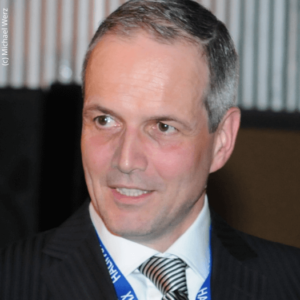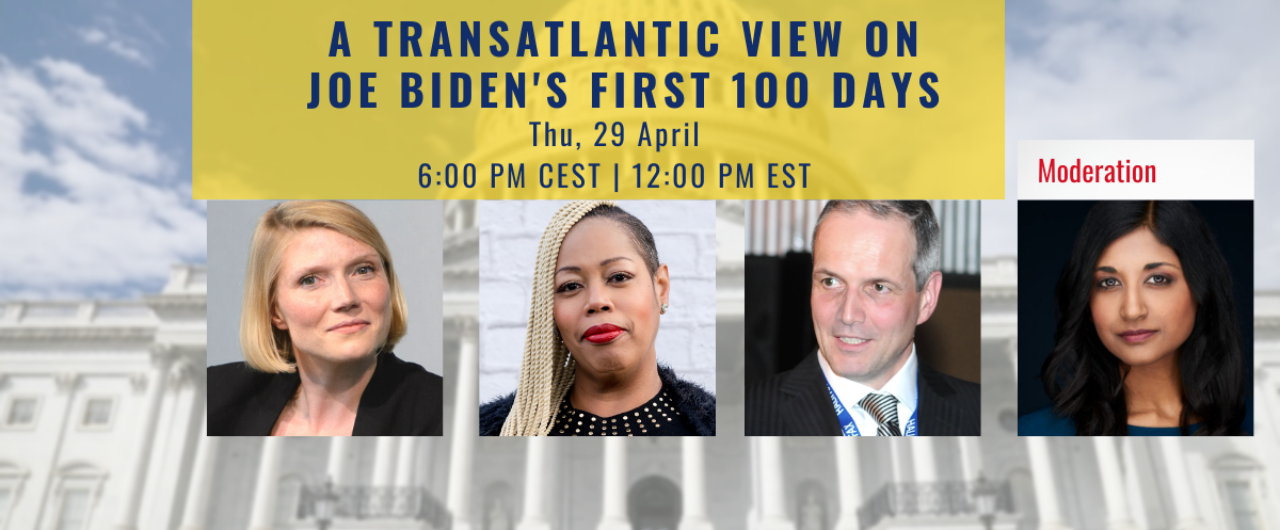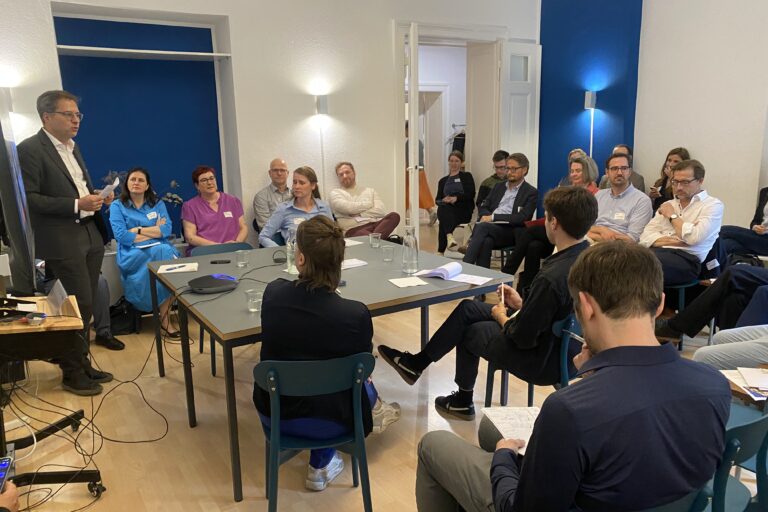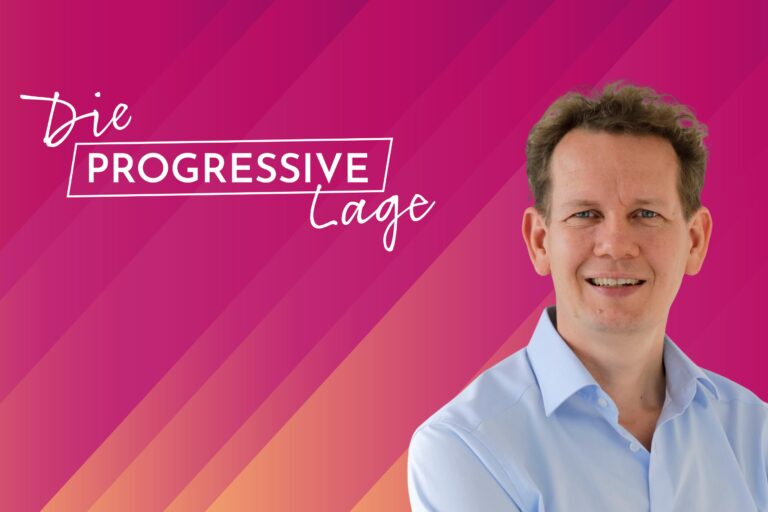At the beginning of 2021, the world waited in anticipation for Joe Biden to be inaugurated the 46th President of the United States and the first woman Vice-President, Kamala Harris. 100 days later, what is the state of democracy in the United States and the transatlantic partnership?
As we approach Biden’s 100th day in office, his predecessor’s legacy of polarization and illiberalism is still ingrained in American society. Moving towards a more multilateral future will require democracies on both sides of the Atlantic to prevail. At the Munich Security Conference, Biden reaffirmed that the transatlantic alliance is back and called for actively defending, fighting for, strengthening, and renewing democracy worldwide. The administration’s international agenda will center around proving that democracy and alliances of liberal democracies are „the single best way to revitalize the promise of our future“.
Re-watch the full debate:
Although democratic institutions in the United States were in a precarious position the past years, the country’s progressive motors, social movements and cities, now have an ally in the White House. Biden’s commitment to restoring democracy in the world will first begin at home. Together with the grassroots mobilizations that put him into office and cities who were actively fighting for democracy during Trump era, the Biden-Harris administration is working on a „New America“. One that has political institutions that reflect the country’s economic and social diversity, as well as that is willing to implement bold systemic reform.
- How exactly will this “New America” look like?
- How will the new administration as well as mayors, social movements and other progressive motors shape America’s image in the world?
- And what is the fate of the transatlantic partnership and liberal democracies across the planet?




Join our public debate on American democracy and how it is reshaping multilateralism on Thursday, 29 April, 6:00 PM CEST | 12:00 PM EST with:
- Cathryn Clüver Ashbrook, Executive Director of the „Project on Europe and the Transatlantic Relationship“ and the „Future of Diplomacy Project“ at the Harvard Kennedy School
- Muthoni Wambu Kraal, Partner at NEWCO Strategies and immediate past National Political and Organizing Director at the Democratic National Committee
- Michael Werz, Senior Fellow at the Center for American Progress, Senior Mercator Fellow
Moderated by: Sumi Somaskanda, Senior News Anchor at DW News (Deutsche Welle)
Registration is closed. If you would still like to attend, please reach out via mail (events@progressives-zentrum.org).
This event will be part of the transatlantic dialogue New Urban Progress, a project on the future of cities in Germany and the United States.







